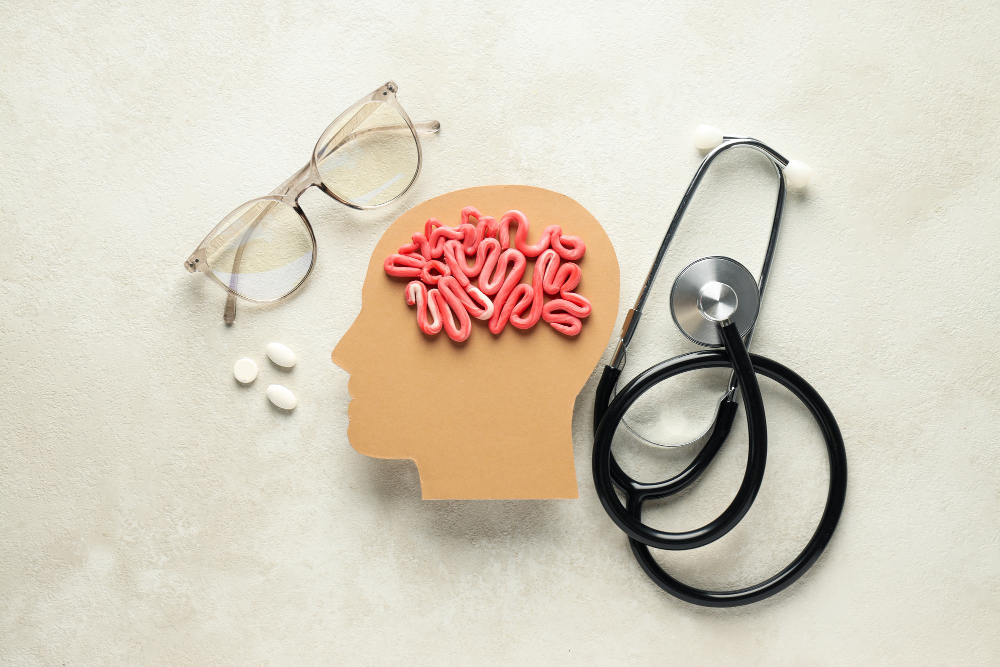
“Colon cancer” can also be screened for abnormalities. “Ensoscopy”
Also check for abnormalities in the gastrointestinal tract.
“Ensoscopy”
The gastrointestinal tract is complex and may not show obvious symptoms in the early stages of the disease. which we should not overlook To start taking care of your health early, the sooner you know, the more chances you can prevent it. At present, there are many methods of screening depending on the severity of the disease, so prevention is detection as soon as possible. to stop the disease early
Check out the risk signs to watch out for.
- People aged 45 years and over should be screened for colon cancer without waiting for abnormal symptoms (Source: American Cancer Society)
- Abdominal pain, bloating, distension, or feeling of a lump in the stomach
- Vomiting or passing bloody stools
- Smaller stools or passing pellets
- Constipation or chronic diarrhea without any known cause
- Problems with swallowing, such as dysphagia, stuck swallowing, painful swallowing, etc.
- Loss of appetite and unexplained weight loss
- having a family history of colon cancer and stomach cancer or have colon polyps
Upper gastrointestinal endoscopy (Gastroscopy)
It is the use of an endoscope which is a small tube with a diameter of 0.9 cm, flexible and bendable. There is a camera lens and a light at the end of the pipe. inserted through the mouth to detect abnormalities of the esophagus stomach and duodenum The end of the camera has a magnifying lens. send the image to the monitor which allows the doctor to clearly see the inside of the examined organs
colonoscopy (Colonoscopy)
Colonoscope is a small tube with a diameter of 1 centimeter and a length of about 150 centimeters, which is flexible and bendable. To check for abnormalities of the colon and rectum. Can diagnose diseases of the bowel. The examination takes about 20-30 minutes or depends on the length of the colon of the patient. It can also remove polyps in the large intestine without surgery. And the biopsy can be sent for pathological examination immediately.
How to prepare before endoscopy
- 1 day before the appointment, should eat soft, non-fiber foods such as soups, soft foods or porridge or clear fruit juices, etc. and before undergoing a colonoscopy. It should be cleaned for the doctor to see clearly. by taking laxatives This is done the night before the endoscopy.
- In the event that there are underlying diseases and medications that must be used regularly, a regular physician should be consulted to consider discontinuing some medications that affect the endoscopy.
- Withhold food and water for at least 6 hours before the test. (Refrain from food and water after midnight)
- after endoscopic examination The patient should lie down for 1-2 hours before returning home. to observe the symptoms There may be abdominal discomfort, flatulence due to wind. Symptoms will subside after the examination. and should not drive home by yourself There must be a caregiver to take home. due to receiving anesthesia or in those receiving sleeping pills
Advantages of colonoscopy
- Help diagnose the cause of gastrointestinal symptoms such as abdominal pain, unusual weight loss. abnormal excretion
- Helps to assess abnormal lumps where the camera shows abnormal lumps or ulcers in the intestines. or inflammation
- It helps detect colon cancer and helps treat non-cancerous tumors (polyps) that grow in the colon wall. to prevent colon cancer



Leave a Reply
You must be logged in to post a comment.